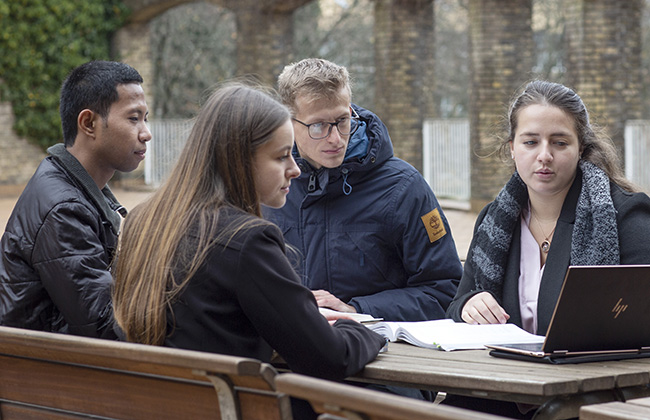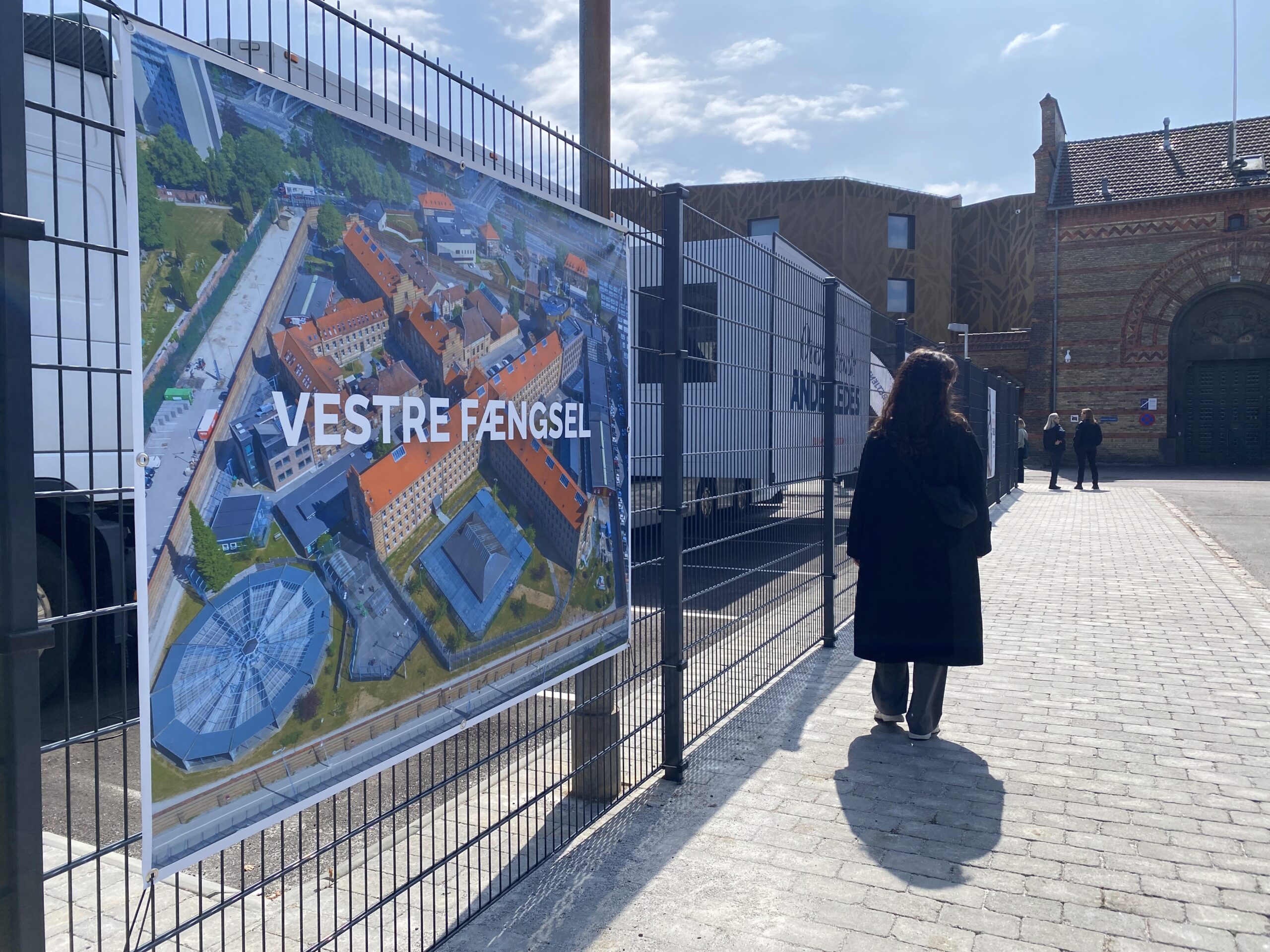Jeppe Kofod, the Danish foreign minister, has said that “some of the money” to rebuild Ukraine must come from Denmark’s development aid funds, reports Jyllands-Posten.
The potential allocation of additional development money toward reconstruction in Ukraine has drawn criticism from parties such as Enhedslisten, who say it will come at the expense of helping other nations affected by conflict.
“It will hit the world’s poorest far too hard”
The UN encourages wealthier countries to spend 0.7 percent of their gross national income on development aid, and Denmark is one of the few countries to meet that target. This year, however, the country has taken 2 billion kroner from its development aid funds to provide temporary residence to Ukrainians fleeing the war.
Christian Juhl, the development spokesman for Enhedslisten, has said that using these same funds to finance reconstruction efforts in Ukraine may be a step too far.
“I am somewhat shocked,” Juhl told Jyllands-Posten. “If we have to spend more money on reconstruction, it will hit the world’s poorest far too hard.”
“We have other money that we can use”
Juhl has voiced his support for the provision of additional aid to Ukraine, including for rebuilding, but he believes the money should come from funds allocated by the national compromise on Danish security policy – the March agreement focused on strengthening Danish defence preparedness.
“I definitely think we should help with the reconstruction, but we have other money that we can use, so I definitely think we should do it,” said Juhl.
Funds set aside for Ukrainian Embassy in Denmark
The Danish government has set aside 5 million kroner this month to support the Ukrainian Embassy in Copenhagen. The decision comes after the parties behind the national compromise on Danish security policy – an agreement reached on March 6 by Socialdemokratiet, Venstre, Socialistisk Folkeparti, Radikale and Konservative – allocated 110 million kroner to the strengthening of Danish diplomacy.
Danish-Swedish co-operation on new Øresund links
Sweden, together with the Danish government, will investigate three proposals for bringing greater connectivity across the Øresund. The proposals include a road and railway link between Helsingborg and Helsingør, a metro line connecting Copenhagen and Malmö, and the Europasporet – a tunnel between Copenhagen and Landskron for freight, long-distance and regional trains. The investigation will focus on how the link-ups would affect the flow of goods and traffic, as well as on how to ensure transport options in the event that the Øresund Bridge is affected by construction.
Green energy and health tech promotion in the Netherlands
Last week, the Danish Crown Prince and Crown Princess visited the Netherlands to promote Danish-Dutch co-operation in the areas of the green energy transition and healthcare digitisation. The delegation also included Magnus Heunicke, the Danish health minister, as well as 29 Danish companies with expertise in renewable energy and healthcare technology. The delegation met with the Dutch royal couple and Dutch PM Mark Rutte, holding events in four cities to showcase Danish solutions to climate and healthcare challenges.
Nielsen replaces Jensen as special representative to UN
Holger K Nielsen, who served as taxation minister from 2012 to 2013 and as foreign minister from 2013 to 2014, has been appointed the new special representative to spearhead the Danish campaign for a seat on the UN Security Council. Nielsen will take up the position on August 1. He is replacing Kristian Jensen, who resigned from the post in April. Denmark has most recently been a member of the UN Security Council in 2006, and Nielsen will aim to secure the country’s membership 2025-26.
German man drowns in West Jutland
On June 19, a German citizen died after a drowning incident off the coast of west Jutland. According to police, the 65-year-old man became separated from his two swimming companions, who then sounded the alarm. The Navy’s Operational Command, along with local rescue services and police, were quickly on the scene. They managed to find and resuscitate the man, but he died later that night.
Danish pensions investing in polluting mines
Danish pension companies have been investing in Chinese battery companies with links to a polluting nickel mine in Indonesia, reports Danwatch. In total, 11 million kroner has been invested in the Chinese companies GEM and CATL, which have sourced nickel from a mine whose activities may have led to respiratory infections and drinking water contamination in a nearby village, according to findings by The Guardian. The Danish companies, AP Pension and Lærernes Pension, have told Danwatch that they are investigating the matter themselves to determine if their investment policies have been violated.
Estonian and Georgian officials visit Denmark
Two foreign visits were made to the Danish Parliament this month – both on June 14. Estonian President Alar Karis first met with Henrik Dam, the speaker of the Danish Parliament, and MPs Karen Ellemann and Trine Torp to discuss the War in Ukraine, among other topics. Later, Shalva Papuashvili, the president of Georgia’s parliament, met with Dam and others to discuss the war, as well as Georgia’s democratic reforms.
Danish children suffering in detention centres in Syria
Danish doctors have visited al-Roj prison camp – a Kurdish-controlled detention centre for IS members in northern Syria – to examine five Danish children residing there, saying that at least three of the children should be evacuated with their mothers. The Danish foreign ministry, however, has offered to evacuate the children without their mothers, because they are no longer Danish citizens. In October, 14 children and their mothers were evacuated from the camp. The mothers, who all held Danish citizenship, were arrested when they arrived in Denmark.
Denmark criticised for failing to provide migrants with basic services
The Council of Europe’s racism commission has released a report criticising Denmark’s treatment of undocumented migrants. According to the report, migrants must have access to “basic services” regardless of whether they have legal residence in Denmark. This applies to education, employment and healthcare, including psychiatric health services. However, the report argues that migrants in Denmark are deterred from seeking access to these services due to fears of deportation. The Danish government has responded by saying that only migrants who legally live in Denmark have full access to basic services.












